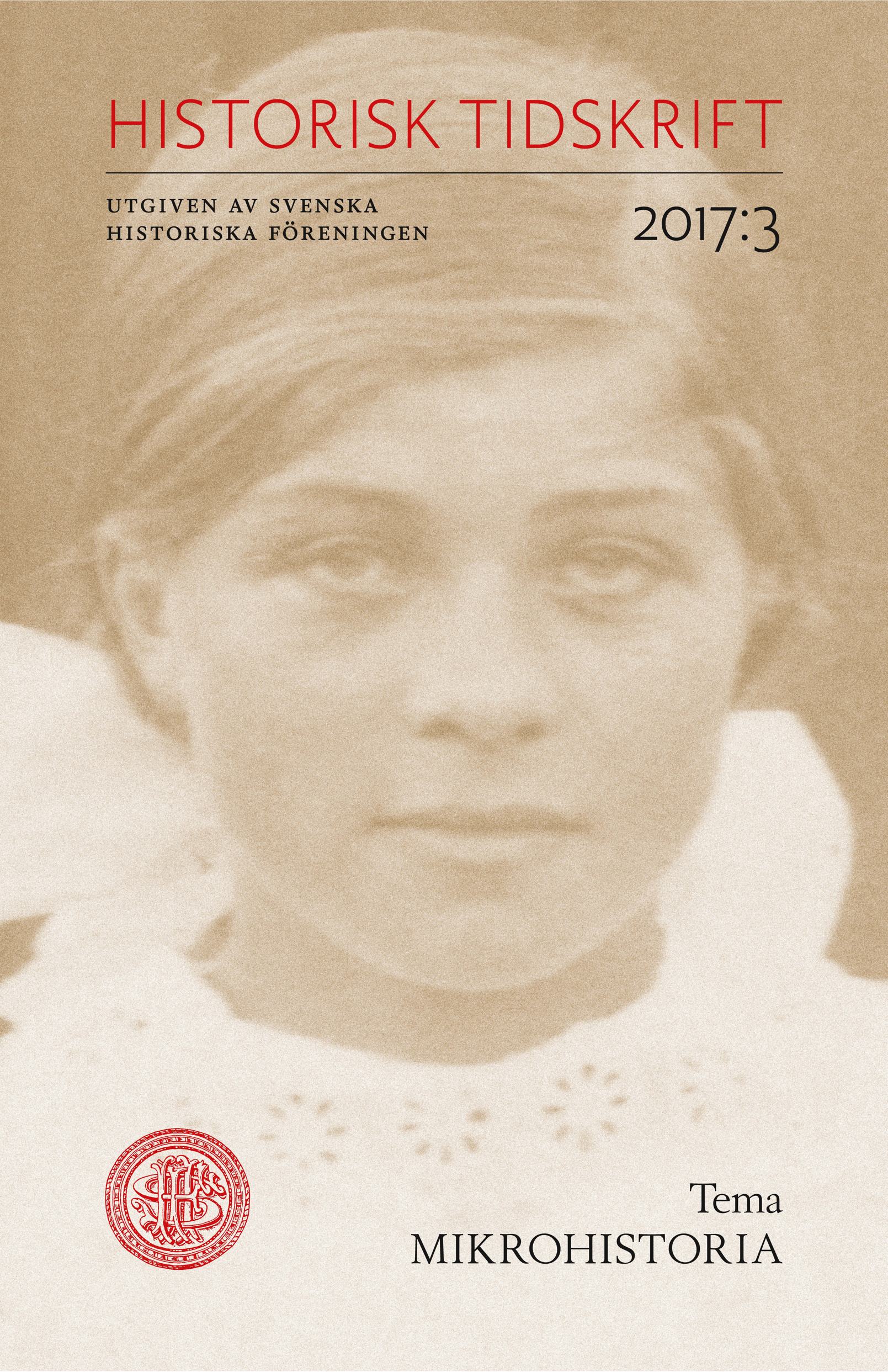Abstract
Macro Models, Information Processing and Agency – A Way Forward for Microhistory? Reinerus Broocman’s ”A Complete Swedish Book of Husbandry” (1736–1739)
Today, there is a tendency among Swedish microhistorians to focus largely on empirical aspects of microhistory. However, an important aim of microhistory has always been to problematize theoretical macro models. Such use of microhistory has often been limited to studies of modernization and/or the elite, inquiries that today have largely fallen out of favour. Consequently, the current theoretical relevance of microhistory can be questioned.
This essay argues that microhistory still has an important role to play in theoretical discussions, if its aim is broadened. Specifically, it argues that microhistory should be used to discuss concepts of rationality, agency, and information processing. A microhistorical investigation of the Lutheran vicar Reinerus Broocman and his use of references in "En fulständig swensk hus-hålds-bok" ('A Complete Swedish Book of Husbandry') (1736–1739) is used to problematize the use of such concepts in neo-institutionalism and network theories in the context of Swedish state-building research. These theories usually view information transactions as exchanges of stable units between either “normal” agents or entrepreneurs, who are consciously acting on the basis of a wealth-oriented rationale and principally constrained by institutions coupled to different agents of power. However, the Broocman case instead presents information transactions as exchanges, marred with mistakes, of fluid resources between normally exceptional agents, with similar but different rationalities, who act both consciously and unconsciously. The investigation also supports a view on information processing not as a zero-sum game between agents, but as a process partly happening outside of the agents’ realm. These results are important not only when debating the postulates of institutionalism and network theories, but when discussing other perspectives that partly focus on information transactions, for example global history. However, for microhistory to fully embrace its potential to problematize theoretical macro models, microhistorians should use insights from other approaches with a similar focus, such as histoire croiseéand transfer history.

